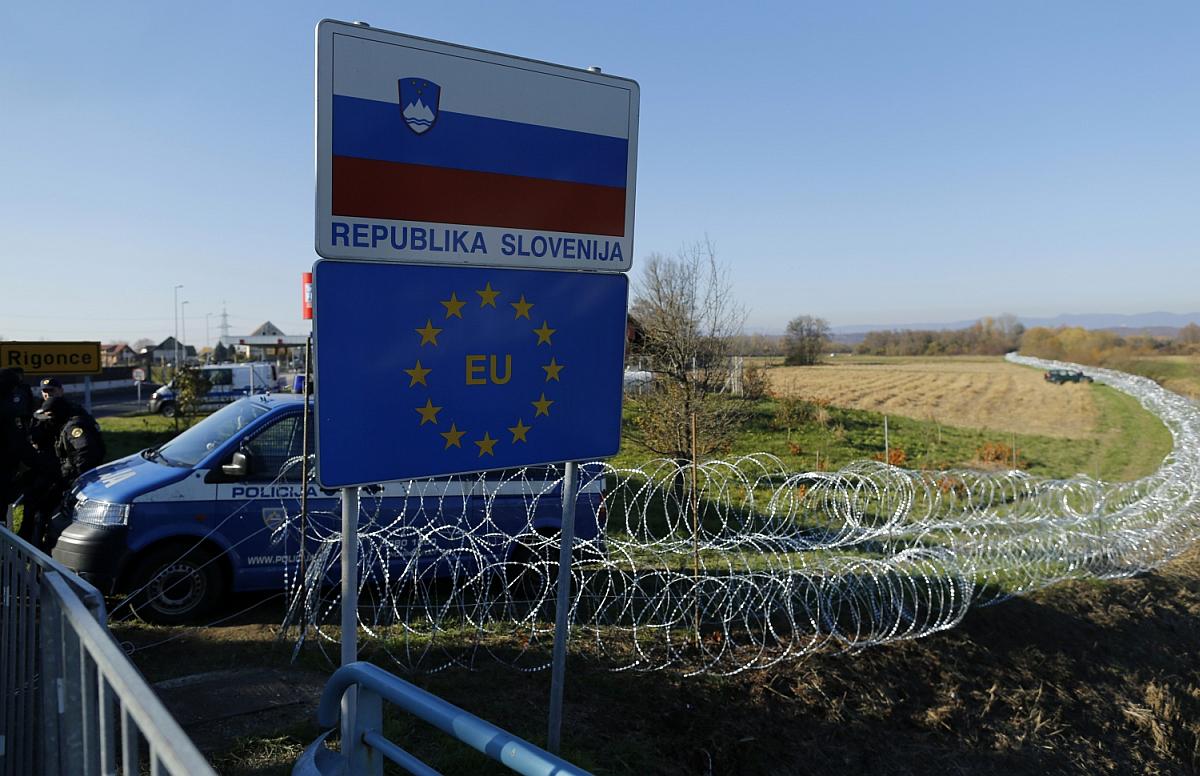As a session called for discussing the response to Croatia’s note that was handed in to Marko Rakovec from the Slovenian embassy in Zagreb on Thursday, the Slovenian government rejected all claims made by Croatia, with the latter arguing that the fence is partly located on Croatian territory, and the former refuting the claims as completely unfounded in truth, as explained by Slovenian Foreign Minister Karl Erjavec. “We’ve explain very clearly that this is not a prejudice for the yet indeterminate border, as this will be determined by the arbitration court, which is why such agitation is completely unnecessary. We’ve also explained that technical barriers are intended to prevent the migrants from spreading [when crossing the border], and to make sure that they cross at entry points, where their safety is ensured,” said Erjavec about the content of the reply.
According to Erjavec, Slovenia is very careful where technical barriers are being set up, so as not to breach either into the territory that is undisputedly Croatia or disputable areas. The current barrier in the form of barbed wire has been erected in parts “where Croats cannot express their dissatisfaction”.
Geodetic registry is not country border
Croatia has found two points to be disputable: one close to the Rigonce border crossing and the other in the vicinity of Obrežje. In their protest note, the Croats have urged Slovenia to remove the fence from these disputable points as soon as possible. At Rigonce, the land register is Croatian, but this is merely a geodetic registry and not country border. The fact is that Slovenian police has had jurisdiction over these areas, too, and that they cannot be reached without crossing into Slovenian territory. Minister Erjavec has emphasized that land registers don’t necessarily determine country borders: “It would be very simple if the land register represented the country border; but if that were the case, we wouldn’t have turned to the arbitration court.” In some areas, Croatia defends the land register while in others it is in favour of using natural barriers such as rivers as borders – whatever works in their favour in that particular case, argues Erjavec to point out Croatia’s inconsistencies.
G. K.; translated by K. Z.


































































